Now that we have the whole list of 93 films vying for the Oscar for Best International Feature Film, it's time for a collection of trivia regarding this particular vintage...
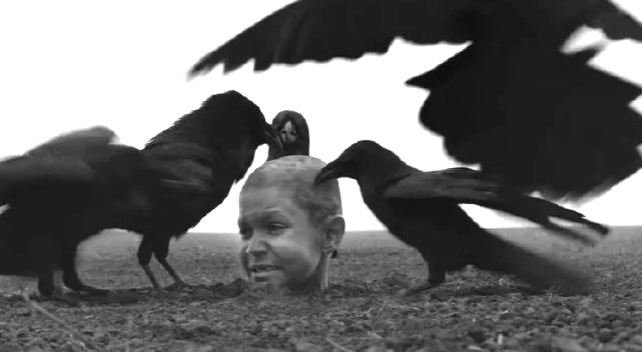
LONGEST FILM
The Painted Bird (Czech Republic) is just 11 minutes shy of three hours. Lots of films are that long but given that this movie has been referred to as 'the child rape Holocaust movie' three hours sounds utterly punishing. Naturally then, it's split audiences between 'masterpiece' and 'unwatchable' camps. Runners up: Domain (Portugal) and Truth or Justice (Estonia) are just a little bit shorter, both about two hours and 45 minutes long.
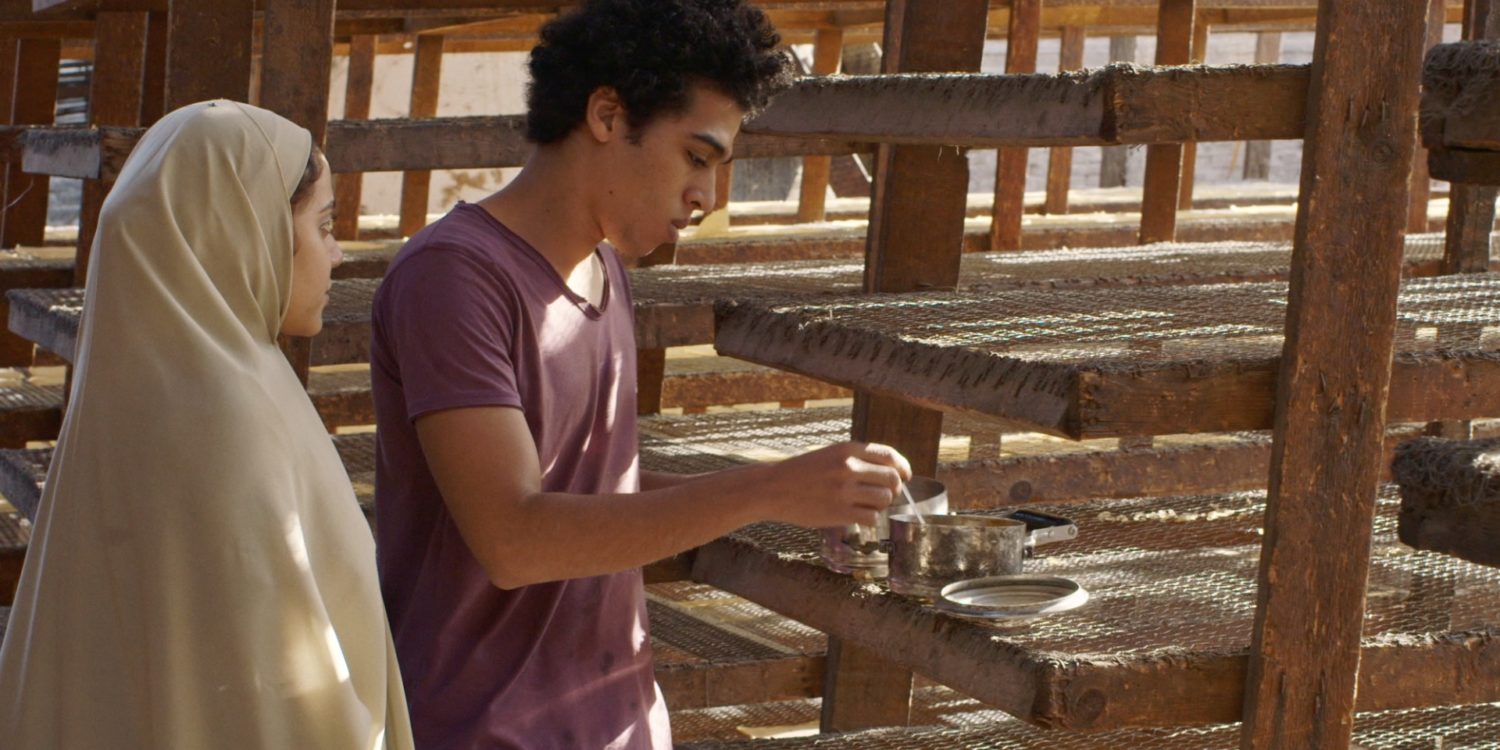
SHORTEST FILM
Poisonous Roses (Egypt) is just 70 minutes long. It's reportedly a mood piece about life in lower-class Cairo that primarily focuses on the relationship of a sister and brother. Runners up: The light documentary When Tomatoes Met Wagner (Greece) is just two minutes longer than that one. Belgium's Our Mothers, Belarus's Debut, Lithuania's Bridges of Time, Albania's The Delegation, and Montenegro's Neverending Past are the other really short titles, all clocking in at 80 minutes or less.
Movie stars, languages, and gayness are after the jump...
MOST COMMON LANGUAGES SPOKEN
Spanish leads the list with about 16 of the films in that language. Arabic is runner up in about 9 films. Russian and French follow, spoken in a half dozen movies each.
FILMS WITH STARS AMERICAN AUDIENCES WILL EASILY RECOGNIZE
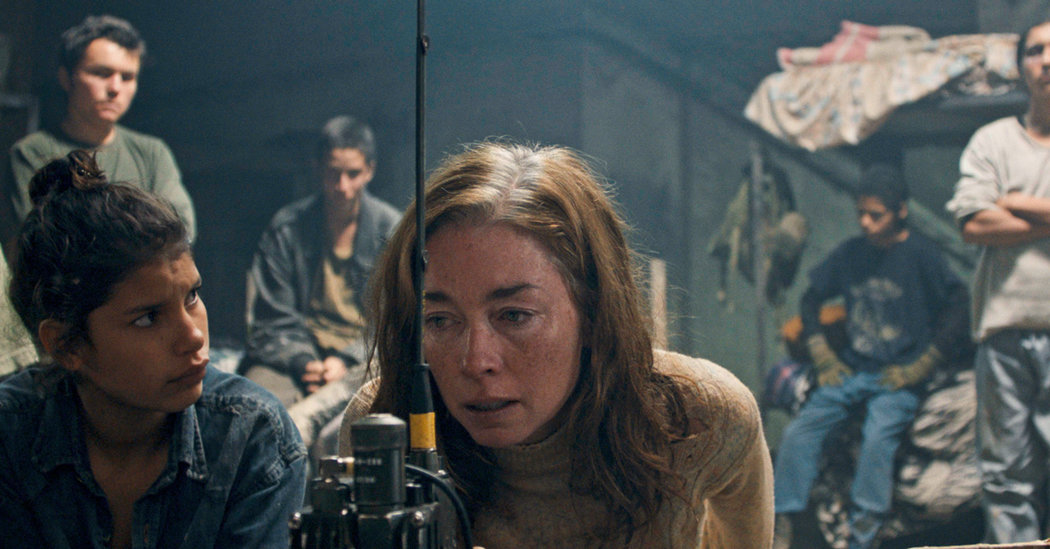
Monos (Colombia) has a group of teenage guerilla fighters holding Julianne Nicholson (August Osage County, Masters of Sex) hostage. It's currently in US theaters.

A Translator (Cuba) - Rodrigo Santoro (300, Westworld) headlines as the titular character helping victims of Chernobyl who were sent for treatment in Cuba.
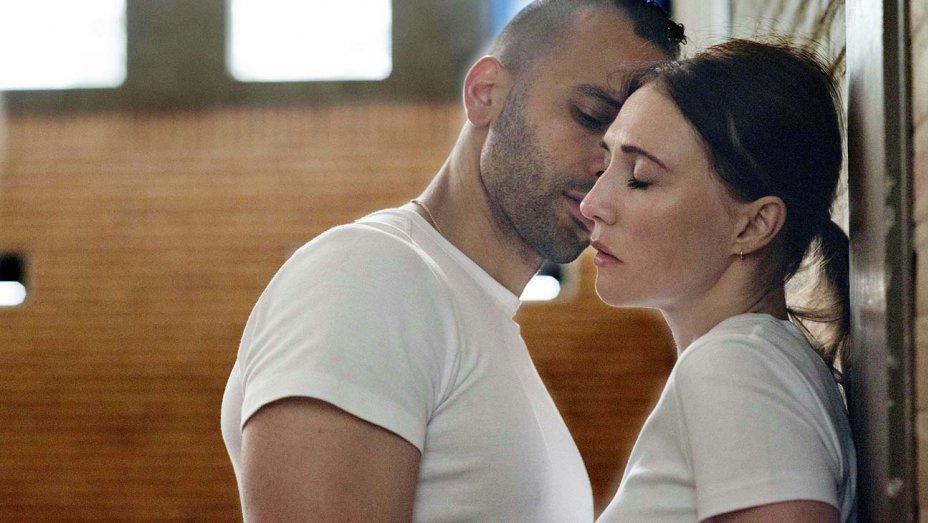
Instinct (The Netherlands) - in this provocative extremely well-acted drama a social worker (Carice van Houten of Game of Thrones, Valkyrie, and Black Book fame) is tasked with evaluating the rehabilitation of a rapist (Marwan Kenzari who just played Jafar for Disney's Aladdin). Reviewed here.
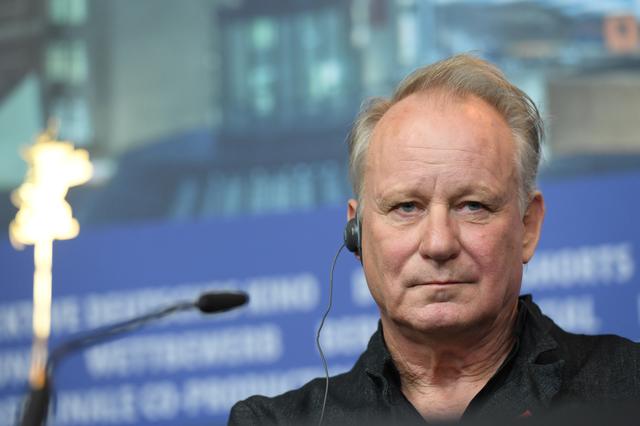
Out Stealing Horses (Norway) stars the ever ubiquitous Stellan Skarsgård who somehow finds time for lots of Scandinavian movies inbetween all the American franchises he co-stars in (Thor, Mamma Mia, Pirates of the Caribbean, etcetera) and also fathering a vast clan (he has eight children, half of whom are actors, including Alexander (True Blood, Tarzan, etc), Bill (It, Castle Rock, etc), and Gustaf (Vikings, The Way Back, Westworld). FUN FACT: Paul Bettany and Jennifer Connelly named their son after him.

Pain and Glory (Spain) is mostly the Antonio Banderas show but Penelope Cruz has a beautiful role as his mother in flashbacks to the leading man's childhood. They're easily two of the most famous Spanish actors of all time, and both regular muses to their director Pedro Almodóvar. Reviewed here & Podcasted about, too.
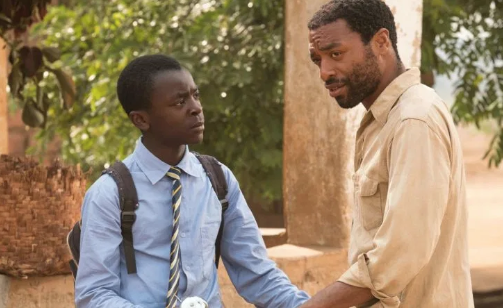
The UK is serving about The Boy Who Harnessed the Wind, streaming on Netflix, which is the directorial debut of the well loved Oscar nominated actor Chiwetel Ejiofor. Ejiofor plays the father of the lead character who builds a windmill to save his village from famine.
FILMS DIRECTED BY WOMEN
An incredible 30% of the submission list is made up of films directed or co-directed by women this year. That's quite a number considering the vast gender disparity within Hollywood's own directing chairs. The most high profile of the female-helmed entries (at least at this point) is surely Atlantics (reviewed here) from Senegal's Mati Diop due to the film's success at Cannes and it subsequent purchase by Netflix.

LGBTQ FILMS
There are eight or nine queer films in the submission list this year, depending on how you define them, accounting for 9% of the submission list. Spain's Pain and Glory is the highest profile of those, naturally, since it's a fictionalized autobiography of one of the world's most famous auteurs. Among the other eight films most of them are about gay men including Sweden's very worthy Georgian language drama And Then We Danced (pictured). The three exceptions are Panama's Everybody Changes, a family drama in which the patriarch plans to undergo gender surgery to confirm her identity, Russia's Beanpole which can easily be read as a queer drama though it's not explicitly a "lesbian" film, and Venezuela's Being Impossible which is a non-binary film about a young woman who discovers she was born intersex and subject to multiple surgeries as a baby. (Sadly France skipped the lesbian costume drama Portrait of a Lady on Fire this year which would have made it an even ten queer films.)

GENRE ENTRIES
Most of the submissions are dramas or dramedies, of course, and as per usual there's a solid dose of World War II/Holocaust pictures. Two different topics working their way into multiple submissions this year include pregnancy/motherhood, and the radicalization of young men. There are smattering of exceptions to the "only serious narrative dramas!" habit of Oscar submissions. Seven of the submissions are documentaries (including arthouse hit Honeyland from North Macedonia, reviewed here), one entry is a horror film (Thailand's Inhuman Kiss), two are animated films (China's Ne Zha and Japan's Weathering With You, pictured), one a rapping musical of sorts (India's Gully Boy) and a couple of action thrillers (Pakistan's Laal Kabotarr, Vietnam's Furie). Sadly no traditional musicals, sci-fi pictures, or romantic comedies this time around to mix things up. That need for variety will have to be satisfied by South Korea's Parasite, which you can safely argue is multiple genres at once including but not limited to thriller, black comedy, satire, and family drama.
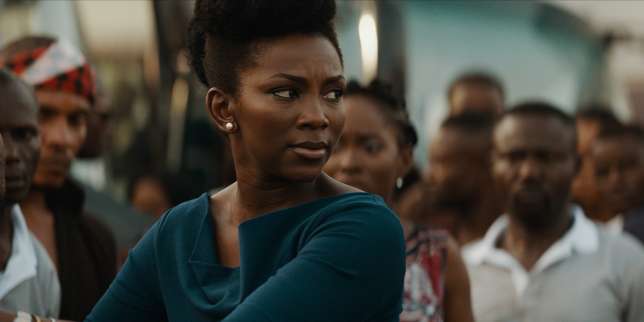
FIRST TIME COUNTRIES
Though Uganda tried to submit for the first time, their film was disqualified for reasons unbeknownst to us. But we do have two other first time submitting countries from within Africa: Ghana (Azali) and Nigeria (Lionheart, pictured). Nigeria is of course home to Nollywood which is a huge film industry but they haven't ever submitted before. That's partly because most Nollywood movies are in the English language making them ineligible for consideration. That all adds up to the most submissions ever from Africa, with 10 countries contending since Algeria, Egypt, Ethiopia, Tunisia, Kenya, Morocco, and South Africa also submitted.
Uzbekistan was also a first time submitting country.
Are you eager to see a batch of these films? Which of the 93 titles do you think will make the ten-wide finalist list?